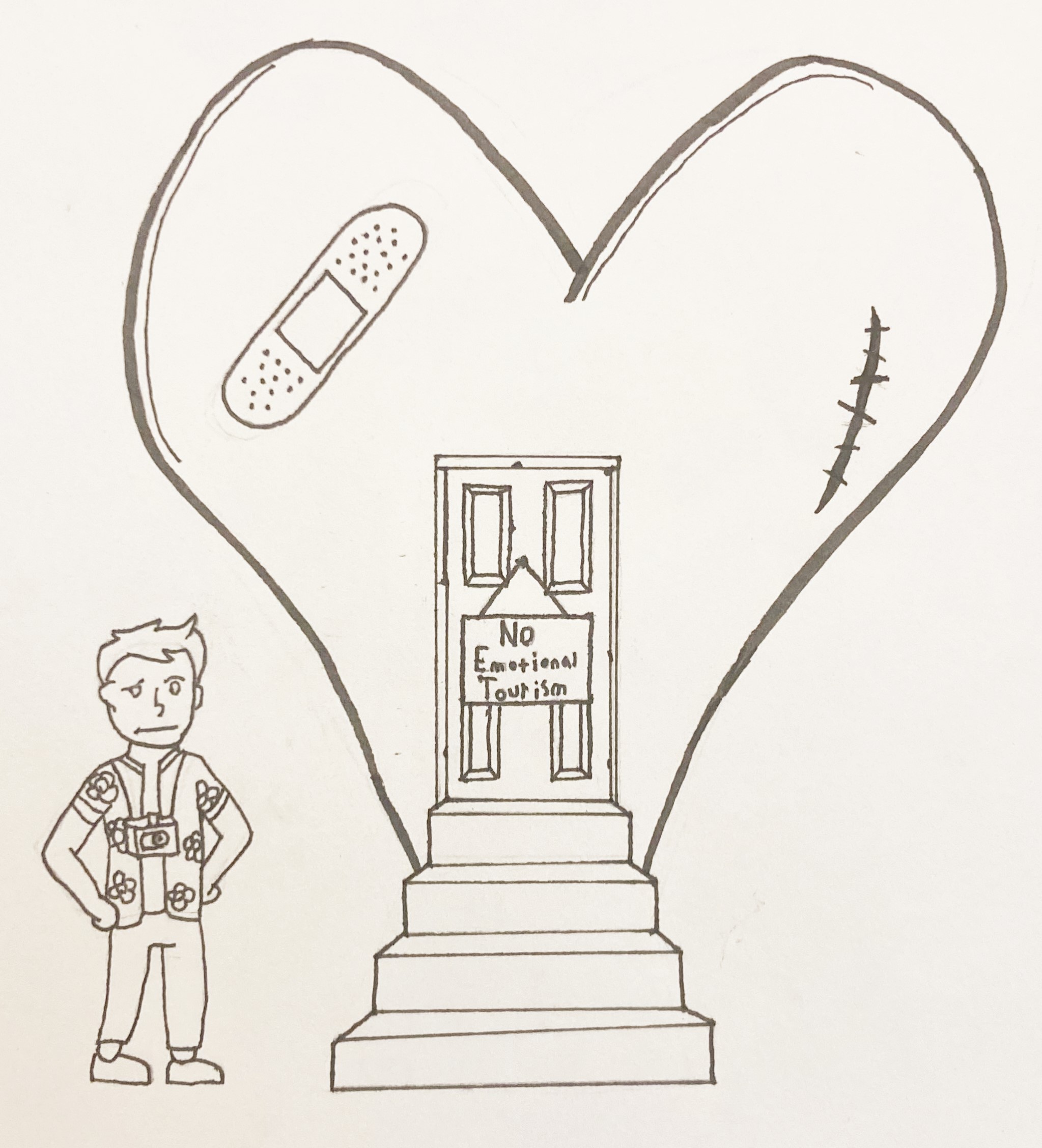Change doesn’t wait for the perfect moment and nor do those who fight for it.
Like almost every film festival this year, the Social Justice Film Festival made the switch to entirely online viewings for its ninth annual film festival.
Rather than attending viewings at various local venues in Seattle, from October 1-11, virtual festival attendees were able to view over 70 independent films all from the comfort of their own homes.
“It was exciting to see that people from all over Washington and throughout the country were able to attend,” said Associate Director, Alanna Tritt, and Managing Director, Aurora Martin. They said that this year’s format has brought in in more viewers than ever and the ability to provide a wider variety of films to audiences, something that may shape the format of future festivals.
The Social Justice Film Festival aims to bring attention to underrepresented voices and filmmakers, while uplifting diverse communities, and demonstrating film and media as fundamental to social justice.
Content ranges from expository style features to short narrative films, exploring over 25 different themes. While maintaining its original focus on prisoner justice, the festival explores a variety of issues including health care, environmentalism, LGBTQ+ rights, racial justice, and wealth inequalities; all unified by and with the objective to inform and inspire audiences to take action.
This year’s theme, “Transform: Another World is Possible,” complements and builds off of prior years’ themes of “Hope and Democracy” and “The #Resistance” by proving change to be more than an objective, but an ongoing reality.
In prior years, themes were devised based on the commonalities of already chosen films, but this year was different. “We actually picked this year’s theme before we started choosing films,” Tritt said. “We chose the theme because the world was transforming in deeply painful ways. We thought it was important to highlight that this time of transformation is also a time of possibility, and we need to work together to build a different world.”
Tritt went on to discuss people’s false sense of personal insignificance. “It is easy to think, ‘Oh well. This world is so messed up in so many ways. It will never change, and I don’t matter,’ but that thought isn’t true. When you look deeper, the films show how everything is interconnected, and how people use their power to make big and little shifts. I want people to see that the world is always changing.”
One of the feature films this year, Since I Been Down, written and directed by local filmmaker and professor, Gilda Sheppard, focuses on Tacoma’s Hilltop community, setting the scene for the renovation of the ‘War on Drugs/Crime’ in the late ’80s and ’90s. The film continues through present-day legislation and the proceeding crackdown policies that would disproportionately impact poor communities and people of color.
The 12-year project tells the story of Kimonti Carter, currently incarcerated in Aberdeen, Washington, and the remarkable stories of triumph across Washington state’s incarcerated population. Since Carter’s life sentencing in the late ’90s, the film expands on his path to restorative justice and the local transformations within prisons, promoted by the Black Prisoners’ Caucus (BPC) and its initiatives in T.E.A.C.H. (Taking Education and Creating History), a higher education program taught to and by prisoners.
Since I Been Down challenges our notion of justice and questions our objectives of mass incarceration, exemplifying true justice as more than a response to the problem. “We just look at the outcomes of our policies and not the root causes of them,” Sheppard stated in a panel discussion. “I wanted to do as James Baldwin says what an artist is supposed to do, ‘Show you things that you refuse to see, what I refuse to see.’”
She goes on to describe Carter as the ‘spine’ of the film, going beyond individuality to narrate the criminalization of young black people in America, illustrating filmmaking’s integral role in social justice.
“Being able to make sure the message and the messenger are both relevant are real important to being able to make sure those history points, those legacy pieces, are able to really leave a lasting impression,” Carter said in a panel discussion. “If there were people in my life who lived the same experience… it would have been easier for me to digest.”
Film brings out our humanity in a way that influences our identity and sense of self as more than individuals, but a community.
“Art is part of how we make sense of the world,” Tritt said. “It shapes the stories we tell in our head and how we relate to each other… we can’t actively make change unless we can first imagine that change… and film feels real and immediate.”
While the Social Justice Film Festival has ended, the panel discussions are still on the Social Justice Film Festival and Insitute’s Facebook page, free of charge, and many of the films are available on alternate streaming websites. “Since I Been Down” will be screening online at the Tacoma Film Festival, opening night, from November 6th-15th.
ROOSEVELT FILMMAKERS: The Social Justice Film Festival and Institute makes efforts to include youth voices in their annual program, including the “Youth Visions” award category. If you have made a film surrounding social justice, the festival would love to see your work and may possibly feature it in the coming year.


